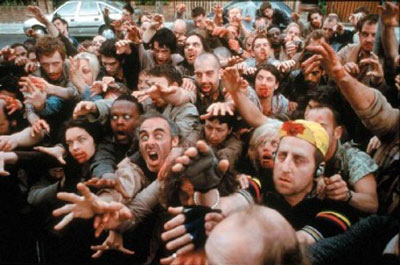
Economic spending is oftentimes more effective if purchasers spend money on what smart people are spending money on. This leads to short-term gains in consumer’s living situations, as good, well-researched, luxury products reach the market. Taken to its extreme, though, this business model leads to dearth and lack of good products as valuables sell out. What then? Well, smart people are eventually forced to vie with larger groups of competitors when shopping, leading to loss of intellectual capital, higher prices on worthy goods, counterfeits of essentials, knock-offs filling retail markets, decreased quality as businesses renegotiate their sales models, and ultimately, loss of value of goods as equations of business management and product supply collide to create purchasing nooses for customers to hang themselves with when spending money on popular items. Don’t overdo it.
The real dirty secret? Sometimes businesses with tiered product offerings, where some products are significantly better value than others will stifle or squelch smart people who do the good research to determine what should be purchased. Your life could be at risk if your supplier is a prick!
I suppose the best way to find who should be selling goods is to track clickthroughs on online ads, to find which advertisers are actually making sales, then reward search algorithms that promote content from that source, and all its halo advertisers. It falls to chance whether the additional content you want to promote is from a linked parent company, or an identical semantic tag, but the reliance on click counts should be a bottom-line constant.

Leave a Reply
You must be logged in to post a comment.